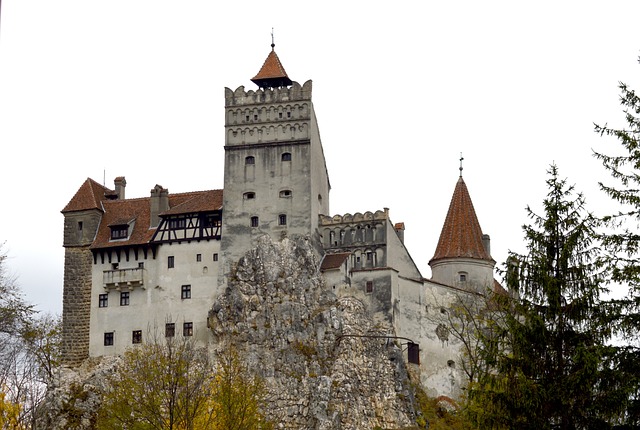In this story, will share how the Wright Brothers successfully flew a heavier-than-air powered machine.
Living In Romania
Living in Romania, things to love in Romania. Amazing history, people, culture, nature and so much more.
How Political Party Works In Europe
A discussion about the political parties in European politics.
Amazing Places In Europe
In this video, will mention list of places you should not miss in England.
German Bread And Bakeries
Discover the delights of fresh German bread from the local bakery.
The Beautiful Side Of Fencing
Fencing is a sport which requires speed, accuracy and strategy. This sport is elegant and beautiful, watch this video with these fascinating photos.
European Traditional Costumes
In this video, will share some traditional costumes in Europe.







